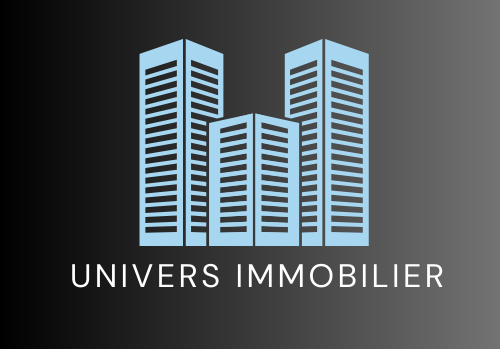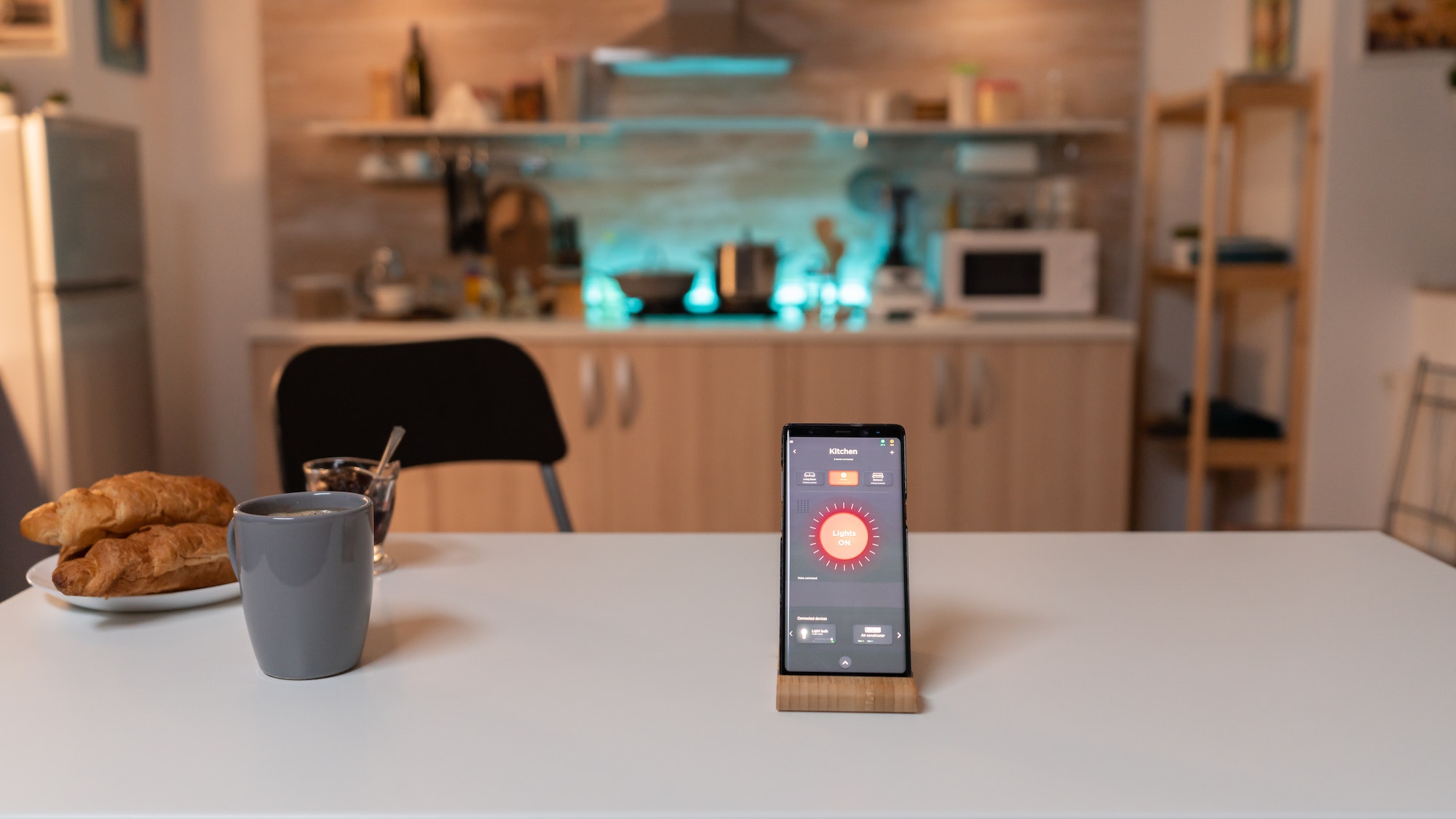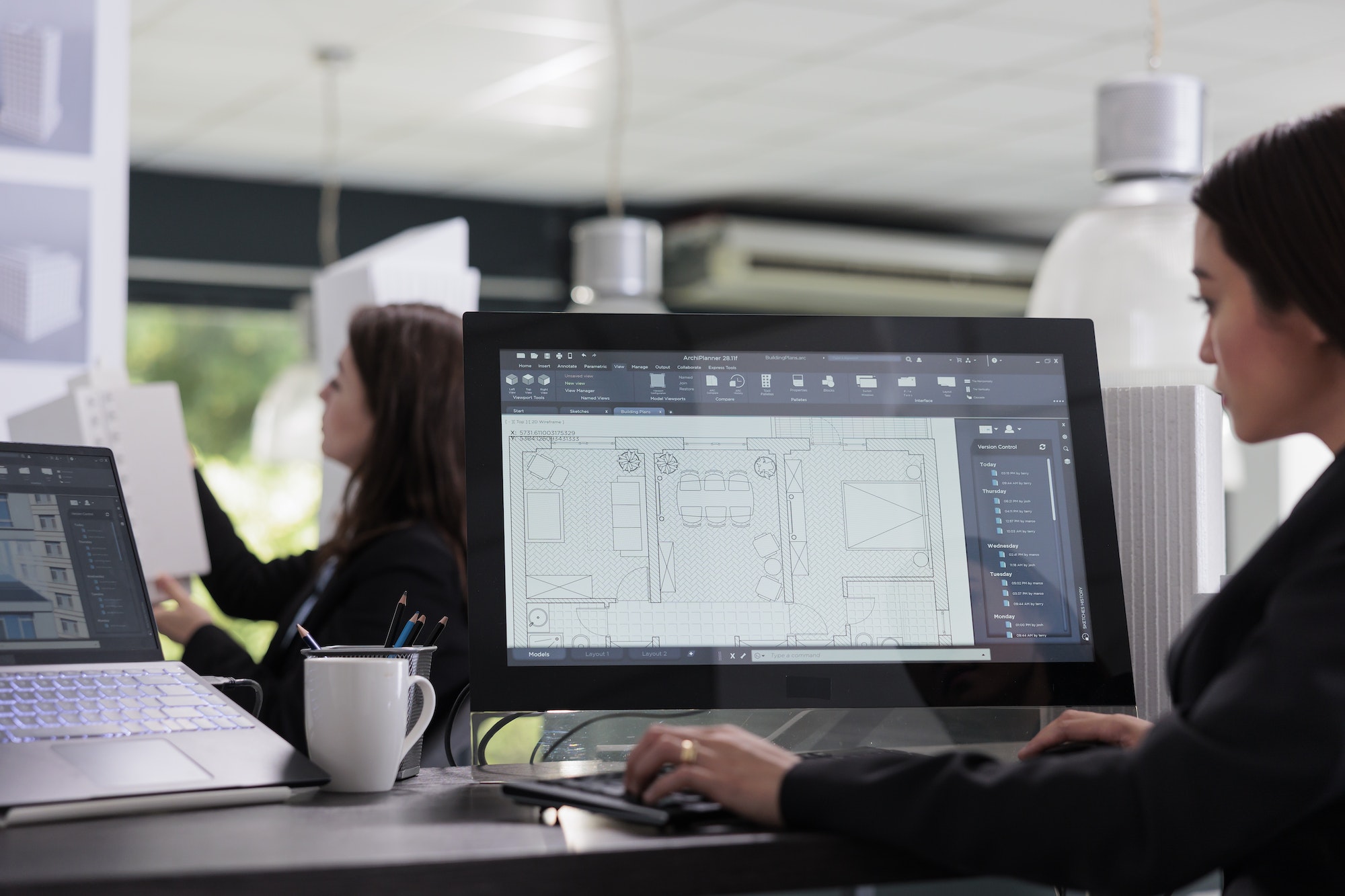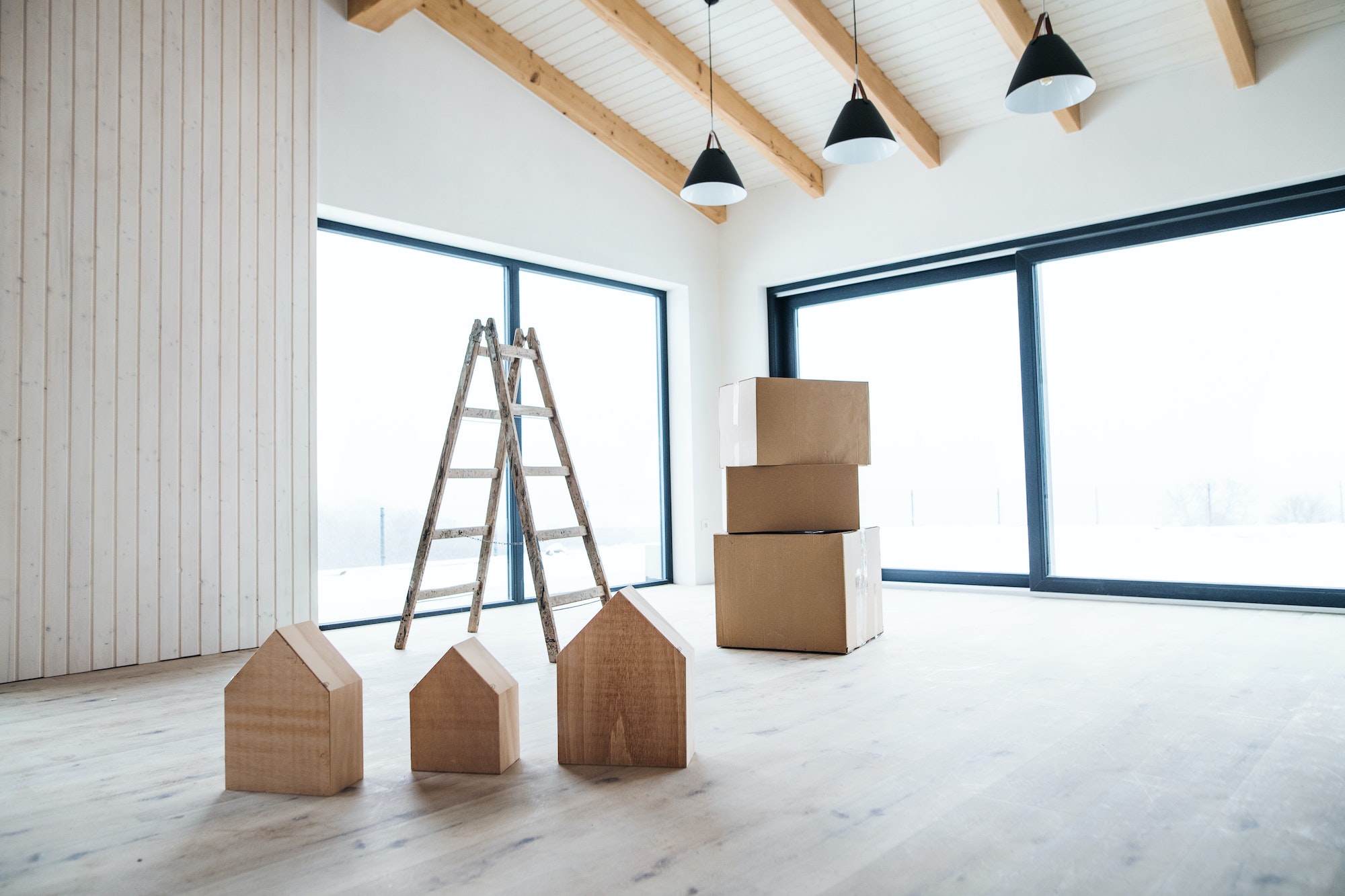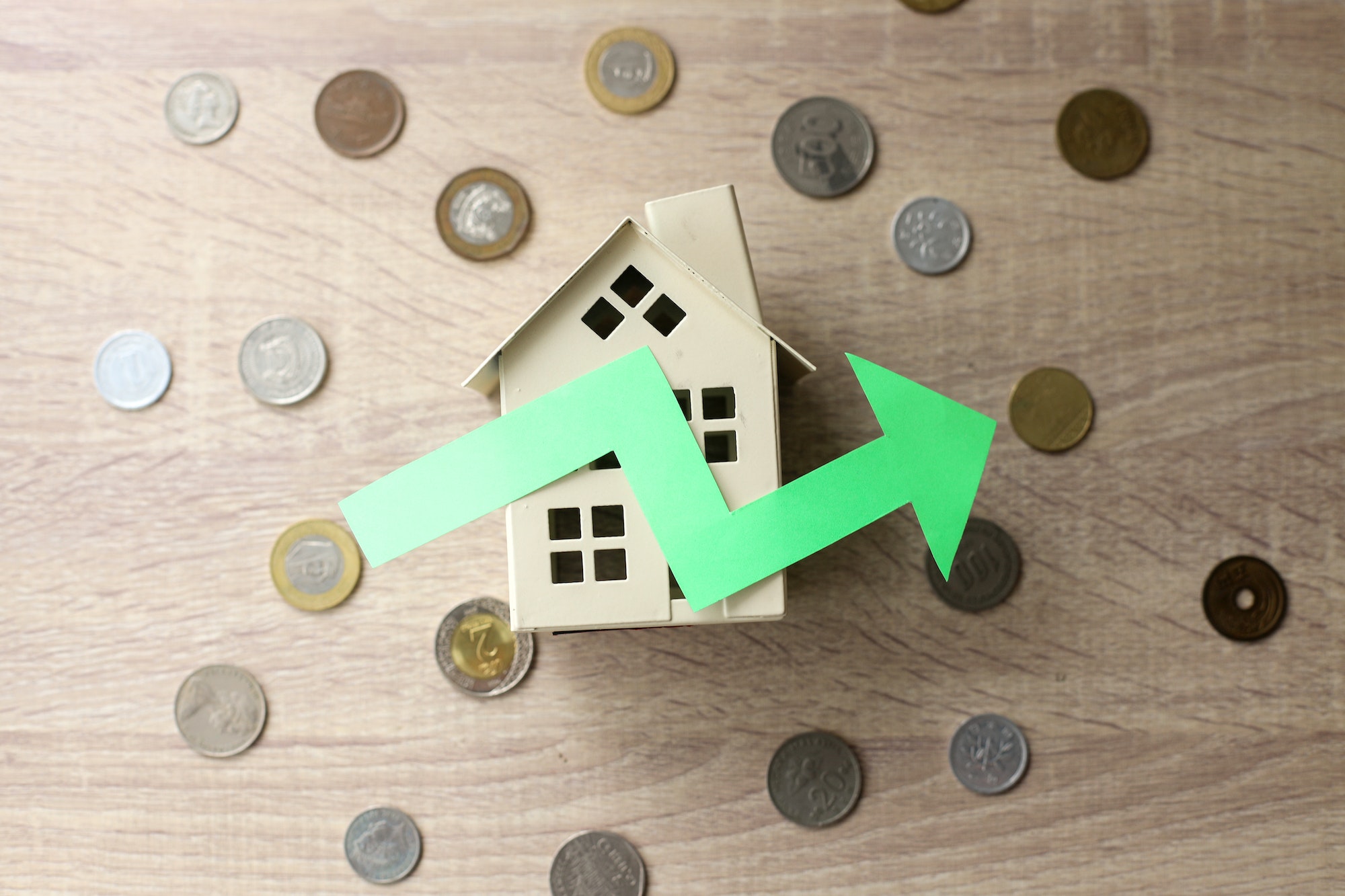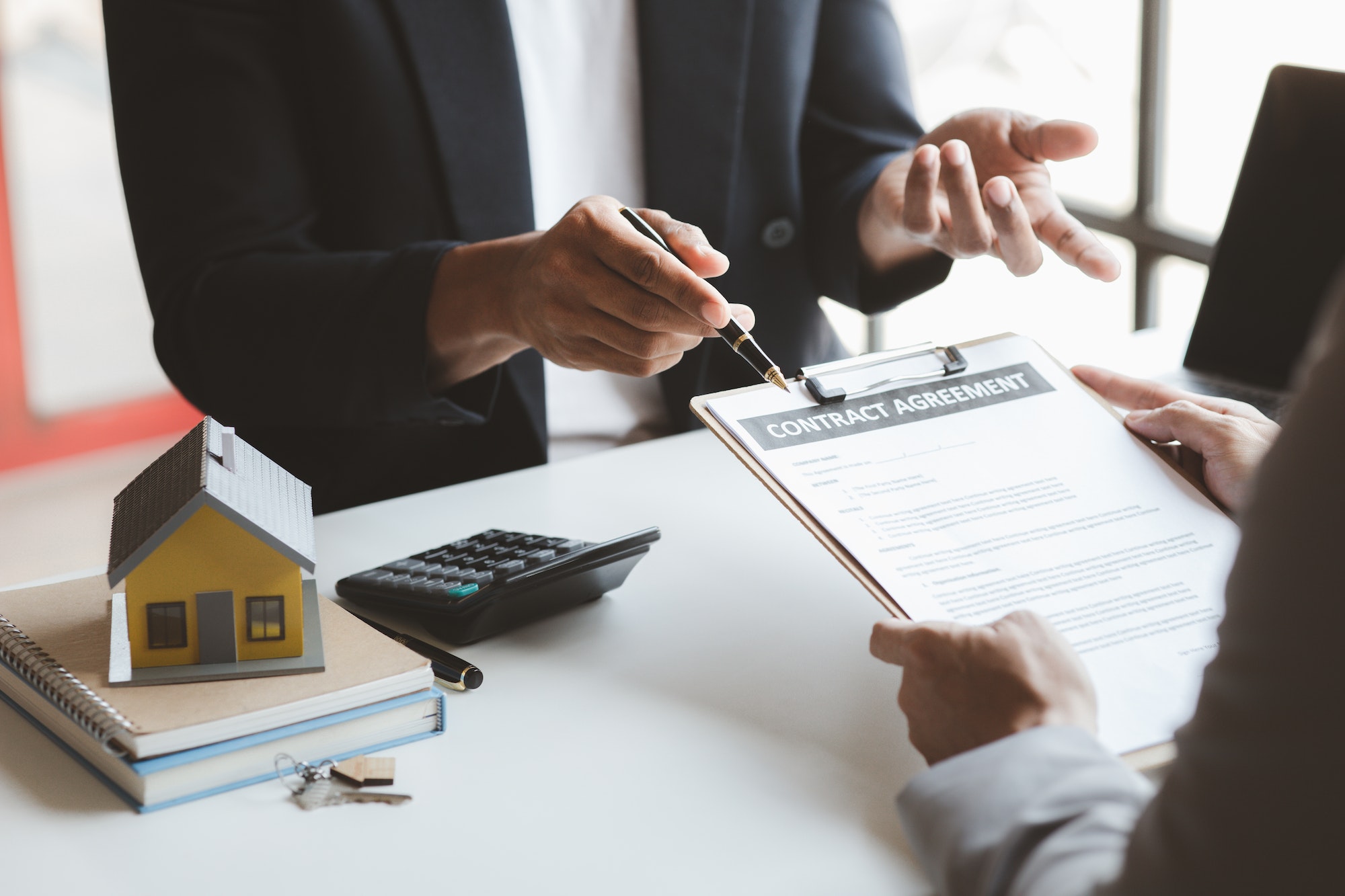In today’s fast-paced and tech-savvy world, people are constantly seeking ways to make their lives more convenient and efficient. As a result, smart home technology has become increasingly popular, providing users with greater control over various aspects of their home, from security to energy management. For property managers and landlords, integrating smart technology into rental properties can not only attract tenants but also potentially lead to higher rental rates. In this article, we’ll explore the benefits of incorporating smart devices and systems in rental properties and discuss some of the most popular options available.
- 1 Smart home technology for improved security and access control
- 2 Energy management and cost savings with smart home systems
- 3 Enhanced convenience and comfort with smart home devices
- 4 Collecting data for better property management
-
5
FAQ
- 5.1 1. What is smart home technology?
- 5.2 2. How does incorporating smart home technology help increase rental rates?
- 5.3 3. What types of smart home technology are available?
- 5.4 4. Are there any risks associated with incorporating smart home technology?
- 5.5 5. What are the benefits of using smart home technology in my rental property?
Smart home technology for improved security and access control
One of the most significant benefits of incorporating smart technology into rental properties is enhanced security. Smart devices can provide tenants and property managers with greater control over who has access to the property, making it more secure and appealing to potential renters.
Smart locks, for instance, allow residents to lock and unlock their doors using their smartphones or other connected devices. This means that tenants no longer need to carry physical keys, reducing the risk of lost or stolen keys and unauthorized access. Property managers can also grant temporary access to maintenance personnel or future tenants, streamlining the management process and ensuring better safety.
Additionally, installing smart security cameras and motion sensors can provide real-time monitoring and alerts in case of any suspicious activity. This added layer of security can be particularly appealing to tenants and lead to higher rental rates.
Energy management and cost savings with smart home systems
Another area where smart home technology can make a significant difference is energy management. By installing smart thermostats, lighting, and other energy-efficient devices, tenants can better control their energy consumption, leading to cost savings on utility bills.
Smart thermostats, for example, allow residents to manage temperature settings remotely and set energy-saving schedules. This can be especially useful for those who are frequently away from home or have unpredictable schedules. By optimizing temperature control, smart thermostats can help reduce energy costs and contribute to a more eco-friendly living environment.
Similarly, smart lighting systems can be programmed to turn off automatically when no one is home or to follow a pre-set schedule. This ensures that lights are only on when necessary, further contributing to energy savings.
By offering these energy management solutions, property managers can demonstrate their commitment to sustainability and attract environmentally conscious tenants, often leading to higher rental rates.
Enhanced convenience and comfort with smart home devices
Perhaps the most attractive aspect of smart home technology for tenants is the convenience and comfort it provides. From voice-activated assistants to smart plugs and appliances, smart devices can make everyday tasks easier.
For example, voice assistants like Amazon’s Alexa or Google Assistant can be integrated with various smart home devices, allowing tenants to control their home environment through voice commands. This can be particularly useful for those with mobility impairments or simply seeking a more convenient lifestyle.
Furthermore, smart plugs can turn any appliance into a connected device, giving tenants the ability to manage their energy use more effectively and even automate certain processes, such as starting their coffee maker in the morning or turning on the slow cooker before they arrive home.
Property managers can also consider installing smart appliances, such as smart refrigerators, washing machines, and ovens, which provide a more intuitive and efficient user experience. These devices can help set rental properties apart from the competition and attract tenants who appreciate the convenience of smart living.
Collecting data for better property management
Lastly, smart home technology can not only benefit tenants but also property managers by providing valuable data and insights into property usage and performance. This can help property managers make more informed decisions about maintenance, repairs, and overall property management.
For instance, smart water leak detectors can alert property managers to potential leaks before they become significant issues, saving time and resources on repairs and mitigating the risk of water damage.
Similarly, energy usage data collected by smart devices can help property managers identify areas where improvements can be made, such as upgrading insulation or investing in more energy-efficient appliances.
By leveraging this data, property managers can optimize their properties for better performance, ultimately leading to higher rental rates and tenant satisfaction.
Incorporating smart home technology into rental properties offers numerous benefits for both tenants and property managers. From improved security and access control to energy management and cost savings, smart devices can enhance the overall living experience and attract more tenants. Furthermore, the data collected by these devices can help property managers optimize their properties for better performance and higher rental rates.
To stay competitive in the rental market and meet the growing demand for smart home technology, property managers should consider investing in smart devices and systems. By offering a connected, convenient, and secure living environment, rental properties can stand out from the competition and command higher rental rates, benefiting both landlords and tenants alike.
FAQ
1. What is smart home technology?
Smart home technology is a term used to describe the use of electronic devices that can be controlled remotely from your smartphone or computer. It includes home automation systems such as lighting, security, heating and cooling, multimedia entertainment, and other home appliances.
2. How does incorporating smart home technology help increase rental rates?
Incorporating smart home technology into a rental property can help increase rental rates because it provides more convenience and comfort for tenants. Smart home technology allows tenants to control their home environment with just the touch of a button, making it easier and more pleasant for them to live in the property. This added value can lead to higher rental rates.
3. What types of smart home technology are available?
There are many types of smart home technology available, including thermostats, security systems, lighting systems, audio/visual systems, and more. Each type of system offers different features and benefits that can help make a rental property more attractive to potential tenants.
4. Are there any risks associated with incorporating smart home technology?
Yes, there are potential risks associated with incorporating smart home technology into a rental property. For example, if the system is not installed correctly or maintained properly then it could lead to issues such as data breaches or malfunctioning devices. Additionally, there could be legal risks if the landlord fails to inform tenants about the system and its capabilities.
5. What are the benefits of using smart home technology in my rental property?
Using smart home technology in a rental property can provide many benefits for both landlords and tenants. These benefits include increased energy efficiency due to automated systems; enhanced security through motion sensors and cameras; improved convenience through remote access; and higher rental rates due to the added value that smart home technology provides.
